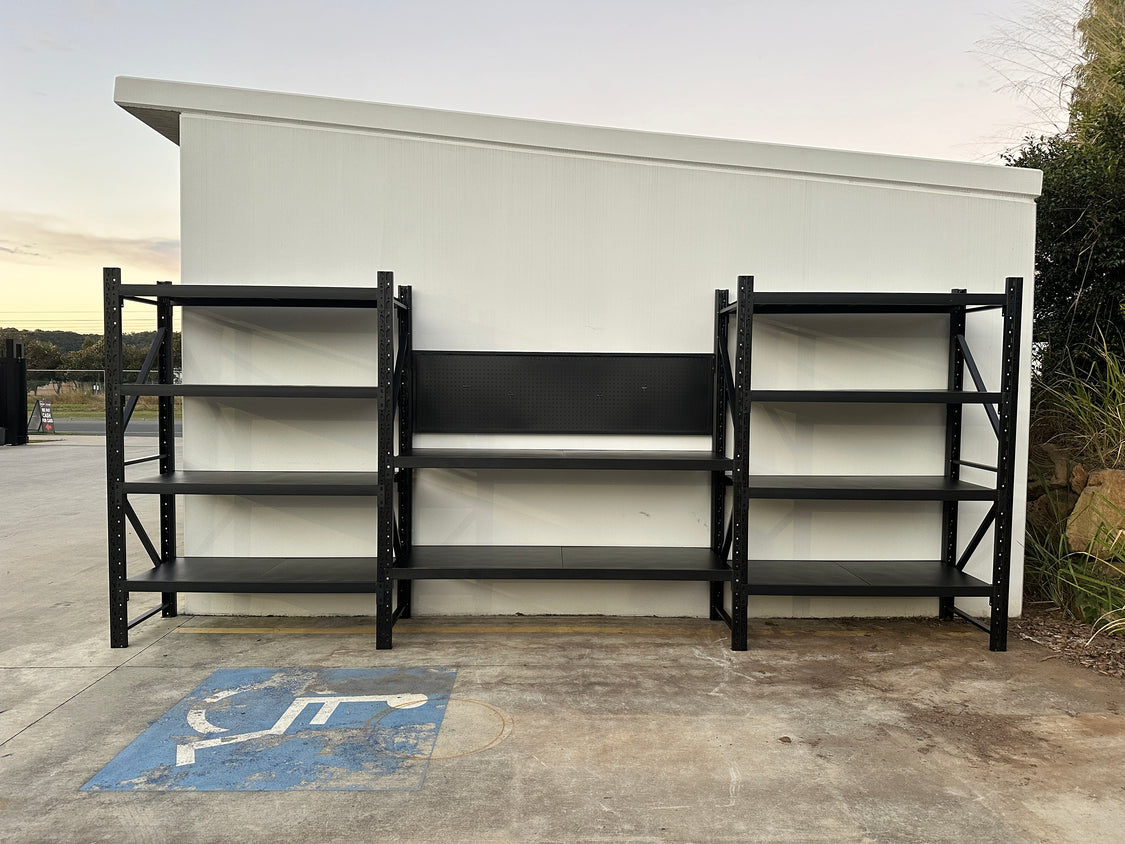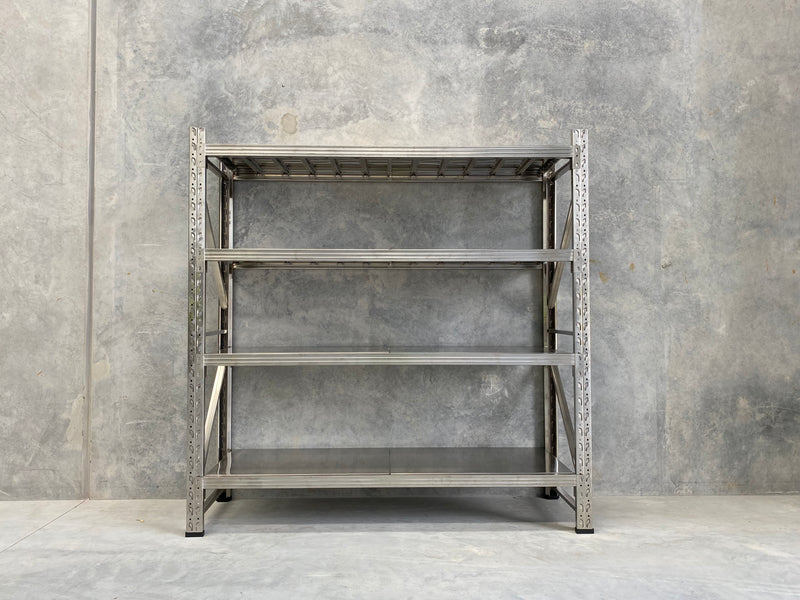When it comes to choosing shelving for your home, office, or industrial space, the material of the shelves is a crucial factor to consider. The strength and durability of shelving materials can vary significantly, and selecting the right one can ensure longevity and safety. This article explores the strongest shelving materials available and highlights some top products to help you make an informed decision.
Introduction to Shelving Materials
Shelving materials range from wood and plastic to metal and glass. Each type has its own advantages and disadvantages in terms of strength, durability, cost, and aesthetic appeal. For those seeking the strongest shelving options, metal, particularly steel, is often the preferred choice.
The Strongest Shelving Materials
1. Steel

Steel is renowned for its strength and durability, making it a top choice for industrial shelving. It can support heavy loads without bending or breaking and is resistant to damage from impacts and environmental factors.
Products :Steelpowershelving Connecting Shelf(Heavy Duty)
Advantages:
- High Load Capacity: Steel shelves can support very heavy loads, making them ideal for warehouses and industrial settings.
- Durability: Resistant to wear and tear, steel shelving can last for many years without significant degradation.
- Flexibility: Steel shelves often come with adjustable and extendable options to fit various spaces and needs.
2. Stainless Steel

Stainless steel is a variant of steel that includes chromium, which provides enhanced resistance to rust and corrosion. This makes it suitable for environments where hygiene and cleanliness are paramount, such as kitchens and laboratories.
Products:Steelpowershelving Stainless steel shelving
Advantages:
- Corrosion Resistance: Excellent for use in damp or humid environments.
- Aesthetic Appeal: Has a sleek, modern look suitable for both industrial and residential settings.
- Hygiene: Easy to clean and maintain, making it ideal for food-related or medical applications.
3. Aluminum
Aluminum is another strong metal option, though it is typically lighter than steel. It provides a good balance between strength and weight, making it easier to handle and install.
Advantages:
- Lightweight: Easier to transport and assemble compared to heavier metals.
- Resistance to Corrosion: Naturally resistant to rust, suitable for both indoor and outdoor use.
- Versatility: Can be used in various applications, from residential to industrial.
Highlighted Product: SteelPowerShelving Shelving with Pegboard - Workbench

One of the best examples of strong shelving material in use is the SteelPowerShelving shelving with pegboard - workbench. This product combines the strength of steel with a functional design, perfect for both professional and personal use.
Features
-
Material Thickness:
- Uprights: 0.7 mm
- Beam: 0.7 mm
- Panels: 0.4 mm
-
Dimensions:
- Height: 2.0m
- Length: 5.0m
- Depth: 0.6m
-
Design:
- Connecting two shelvings with workbench
- Metal shelves included
- Flexible and adjustable height
- Extendable shelving system
- Super easy assembly with a click-in system
- Premium grade power-coated finish
- Available add-on kits (extensions) in 1.2m, 1.5m, and 2.0m
Specifications
- Load Capacity: 250 kg per layer when distributed evenly (Total loading capacity of 2500 kg)
- Color: Black
- Warranty: 1 year
Pros and Cons
Pros:
- High Load Capacity: Supports up to 2500 kg in total, ideal for heavy-duty storage needs.
- Adjustability: Flexible height settings allow customization for various storage requirements.
- Ease of Assembly: Click-in system simplifies the assembly process, making it user-friendly.
- Durability: Powder-coated finish enhances resistance to wear and tear.
Cons:
- Weight: Heavier than other shelving options, which might make it less portable.
- Cost: Higher initial investment compared to plastic or wood shelving.
FAQs
1. What is the best material for heavy-duty shelving?
Steel is generally considered the best material for heavy-duty shelving due to its high load capacity, durability, and resistance to environmental factors. Stainless steel is also an excellent choice for heavy-duty applications where corrosion resistance is needed.
2. How do I determine the load capacity of my shelving?
The load capacity of shelving is typically provided by the manufacturer and indicates the maximum weight the shelves can support when the weight is evenly distributed. Always adhere to these guidelines to ensure safety and prevent damage.
3. Can I use metal shelving in damp environments?
Yes, metal shelving, particularly stainless steel and aluminum, can be used in damp environments. These materials are resistant to rust and corrosion, making them suitable for areas with high humidity or exposure to moisture.
Conclusion
Choosing the strongest shelving material is essential for ensuring the safety and durability of your storage solutions. Steel, stainless steel, and aluminum are top choices for their exceptional strength, durability, and versatility. Products like the SteelPowerShelving shelving with pegboard - workbench offer practical and robust solutions for both industrial and residential needs.
By understanding the advantages and limitations of each material, you can make an informed decision that meets your specific storage requirements. Whether you need shelving for a warehouse, office, or home, selecting the right material will provide long-lasting and reliable support for all your storage needs.
Comparison Table of Strong Shelving Materials
| Material | Strength | Durability | Resistance to Corrosion | Weight | Best Use Cases |
|---|---|---|---|---|---|
| Steel | Very High | Very High | Moderate | Heavy | Industrial, warehouses, heavy-duty storage |
| Stainless Steel | Very High | Very High | Very High | Heavy | Kitchens, laboratories, damp environments |
| Aluminum | High | High | High | Lightweight | Residential, light industrial, outdoor use |
By carefully evaluating the specific needs of your storage space and considering the properties of each material, you can select the shelving that will best serve your purposes for years to come.
